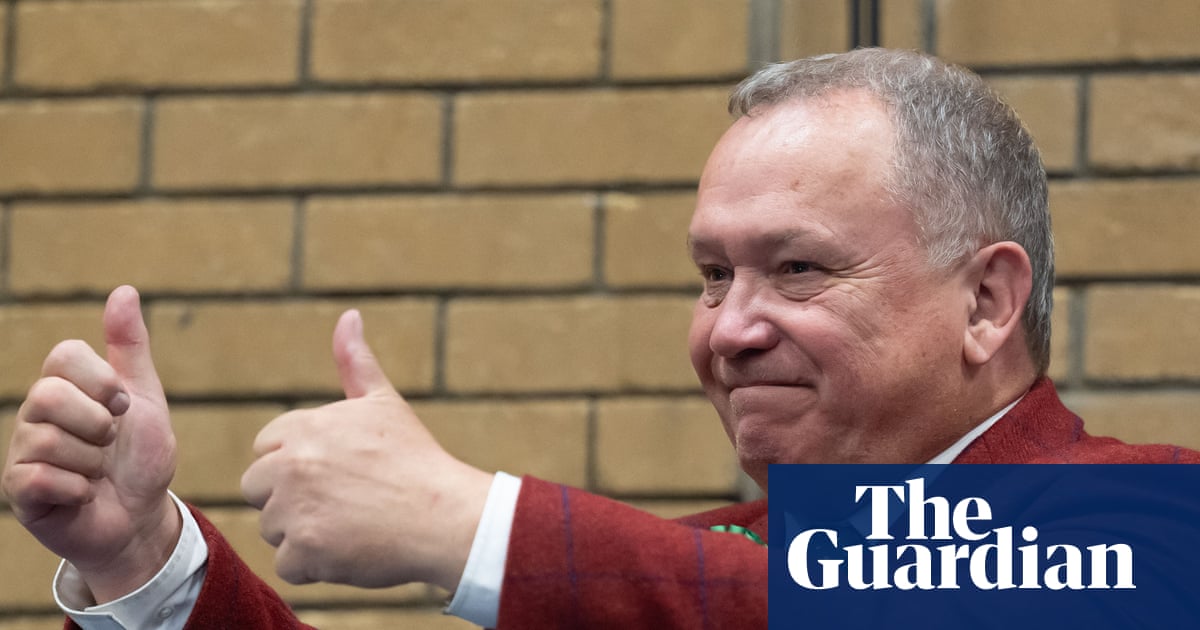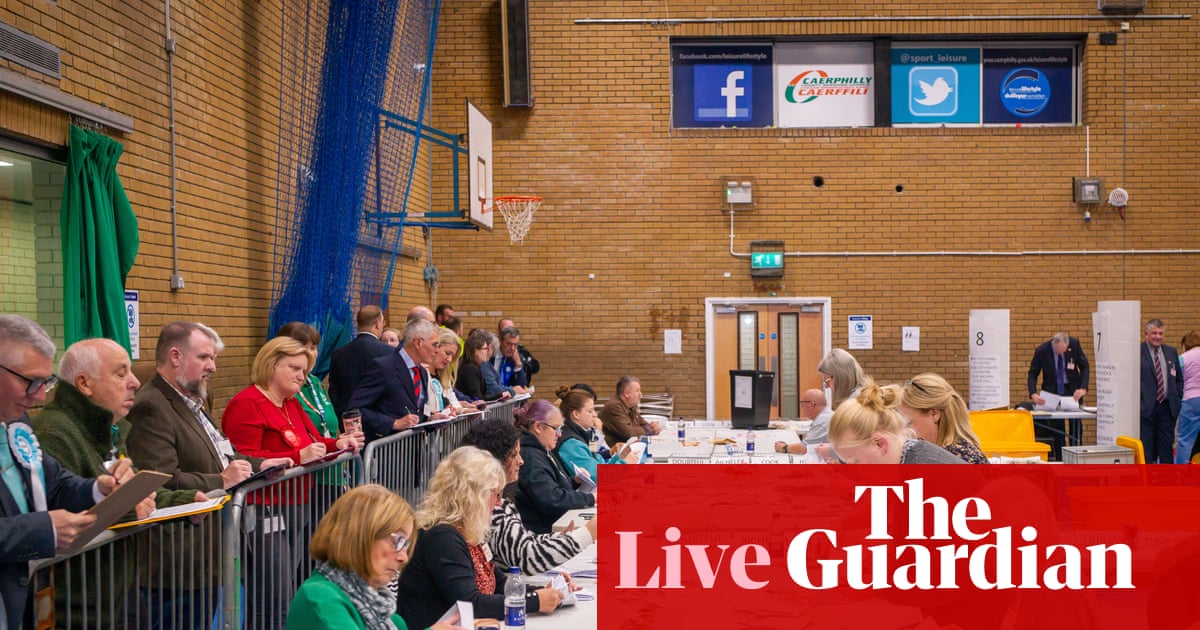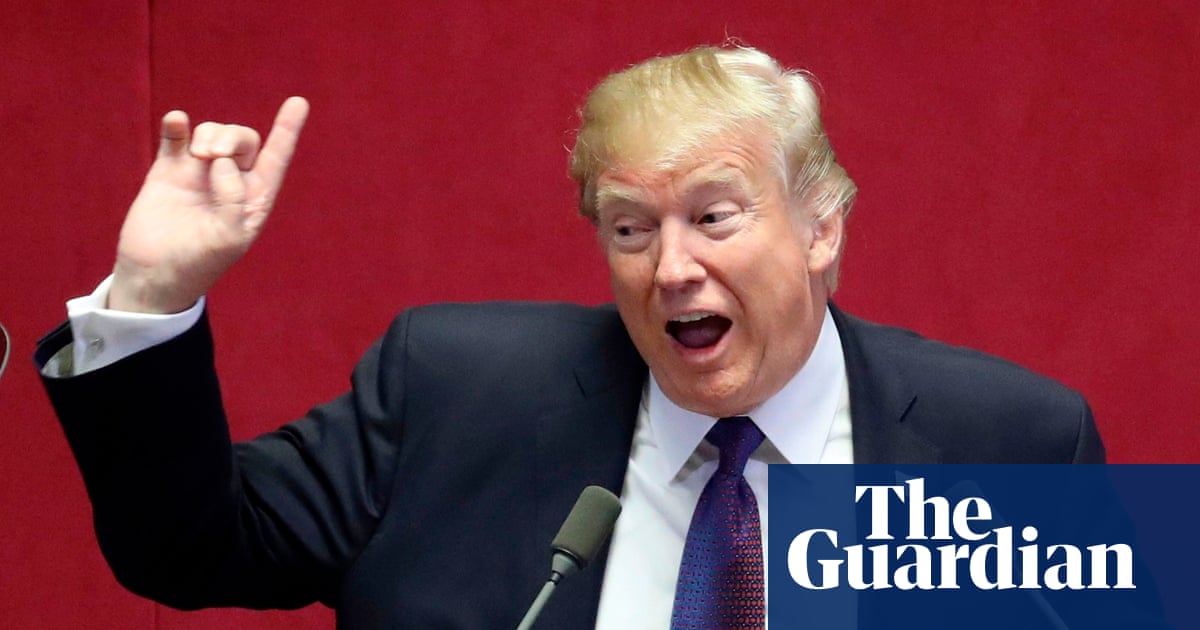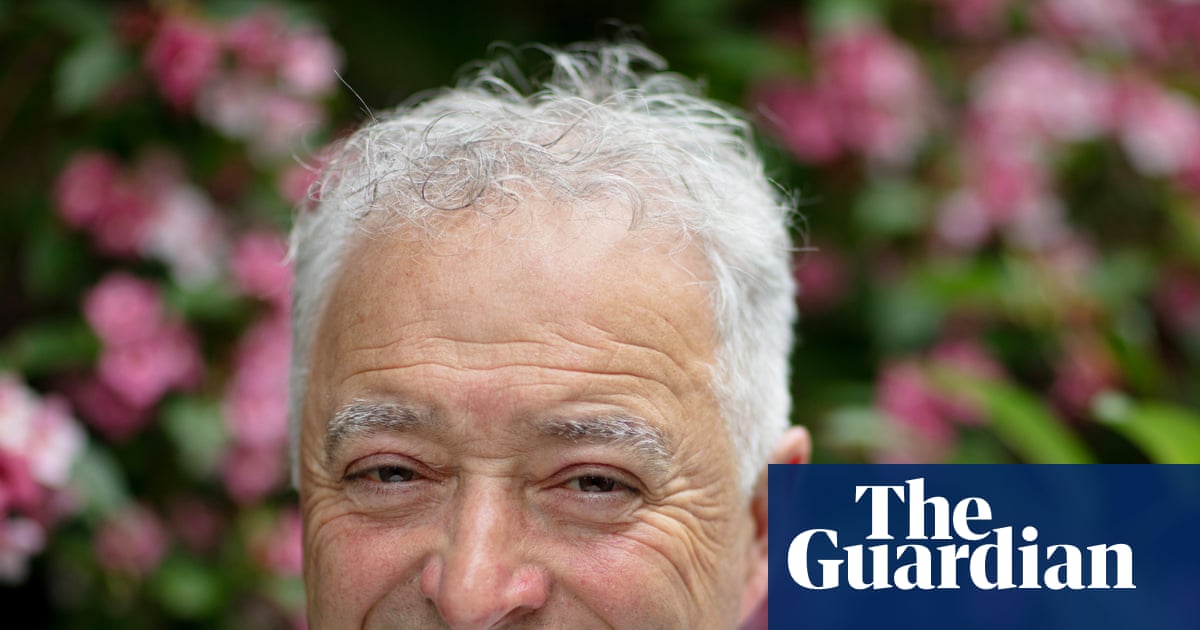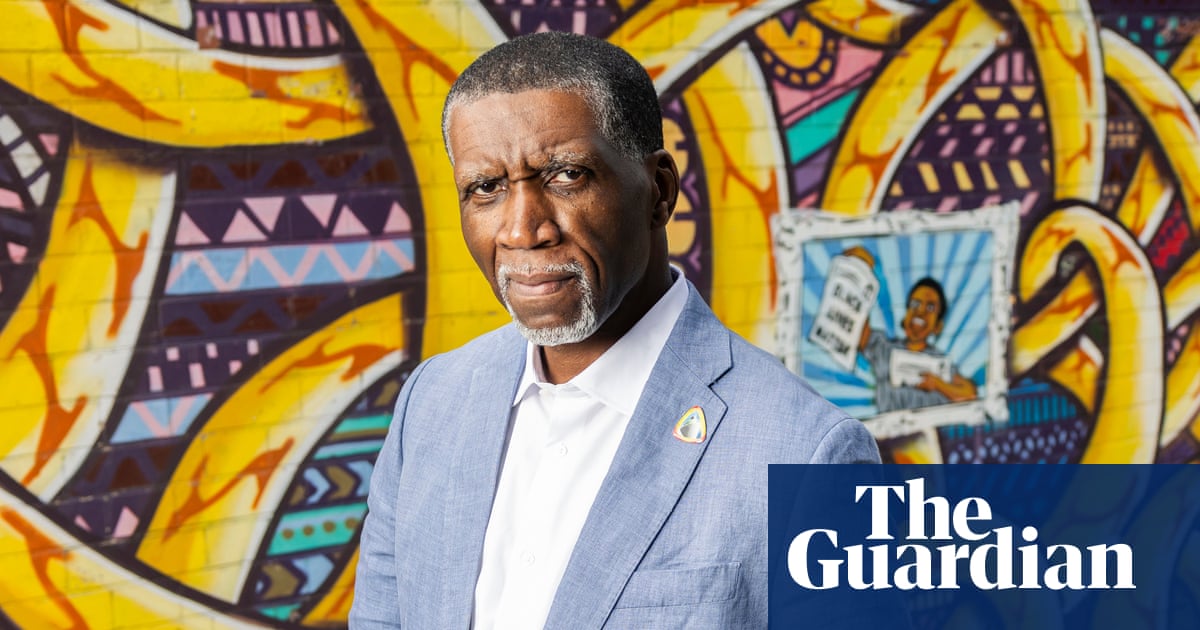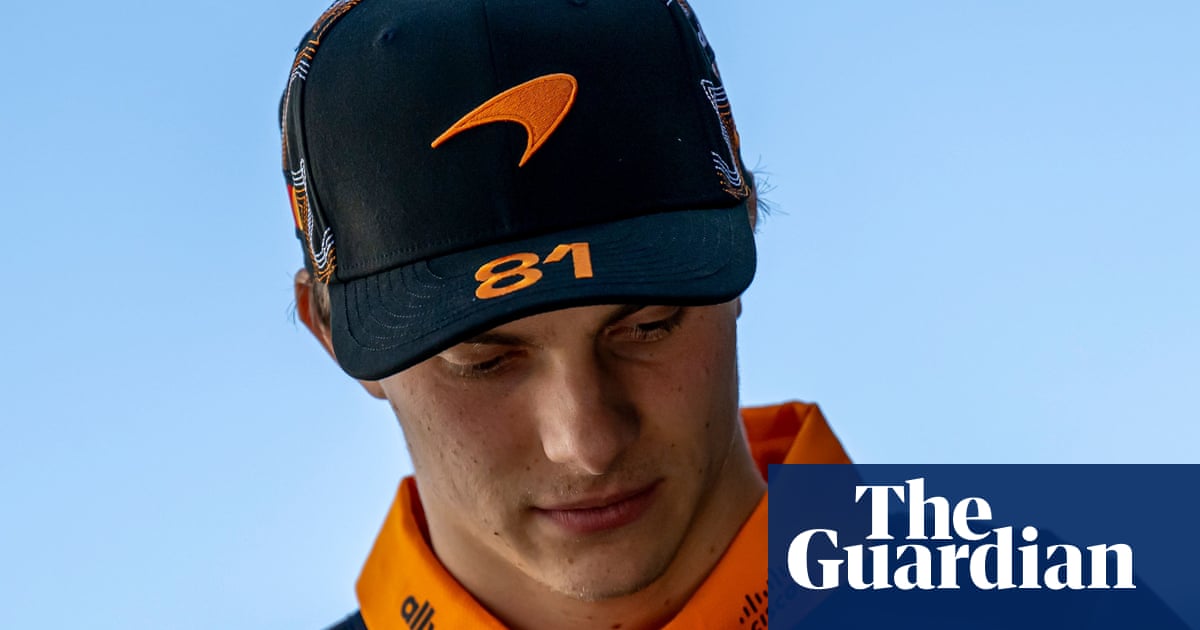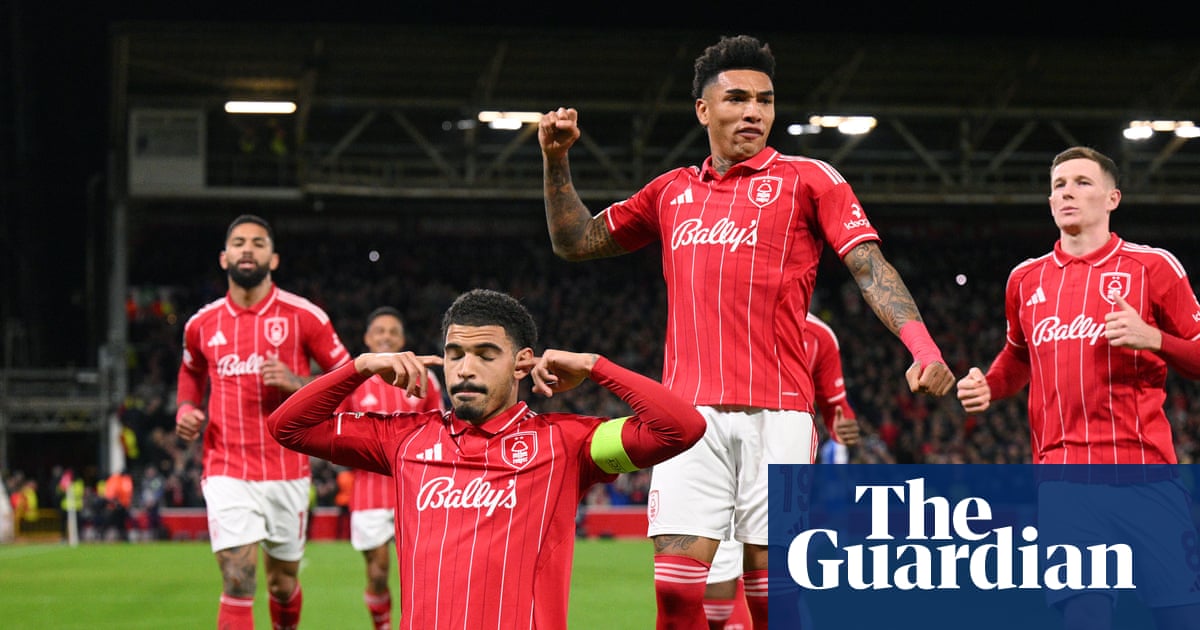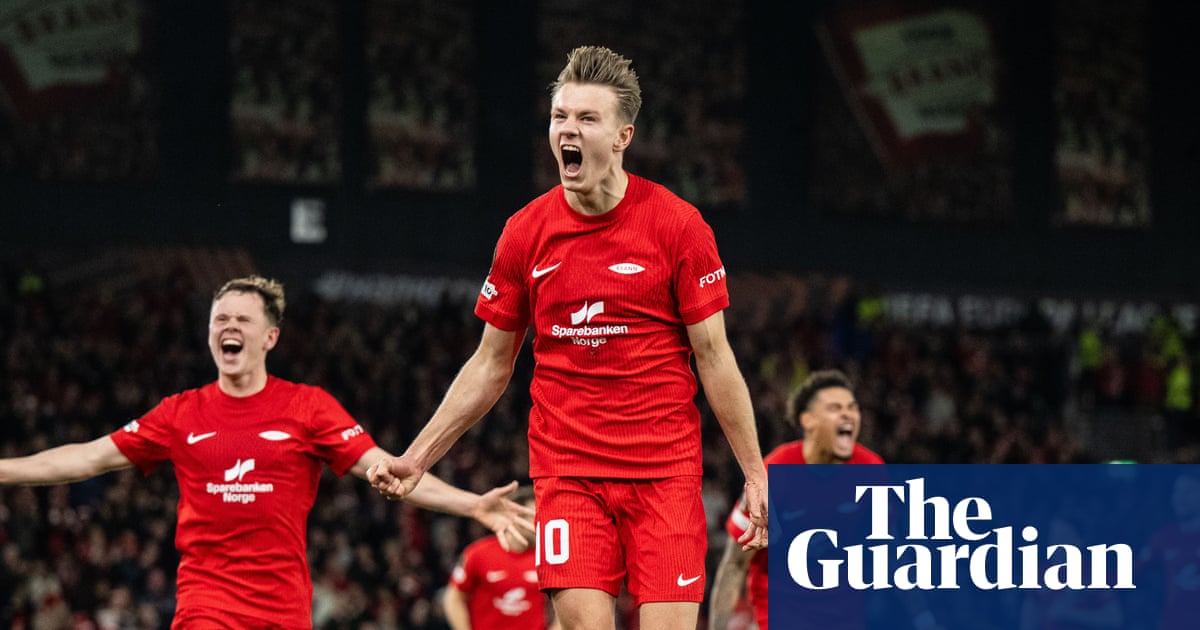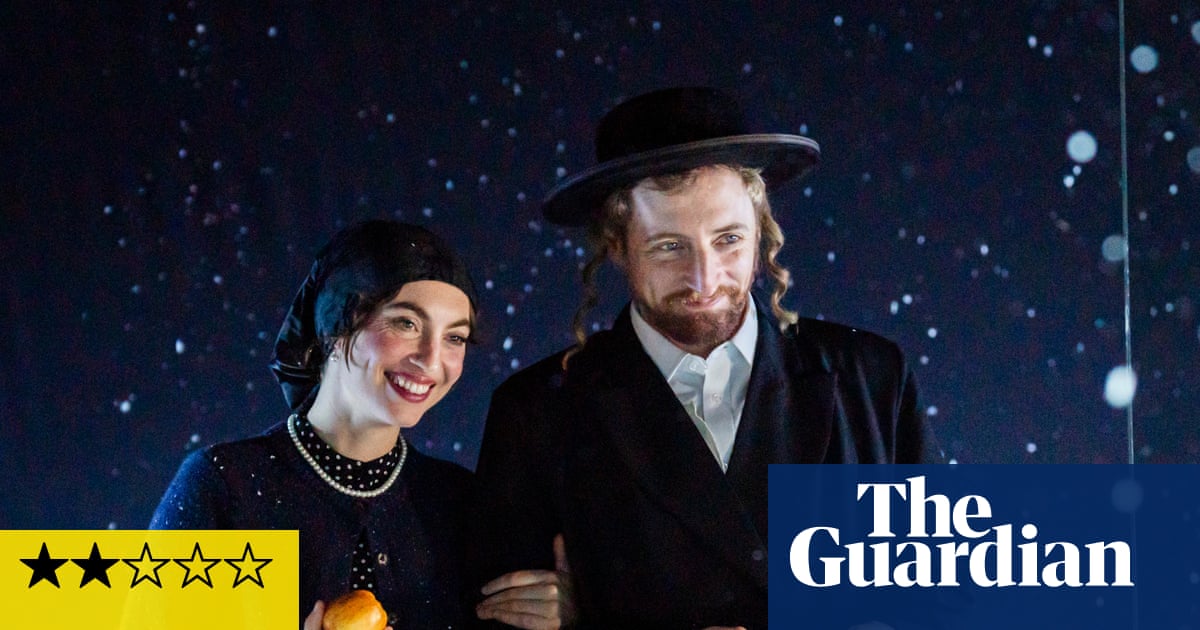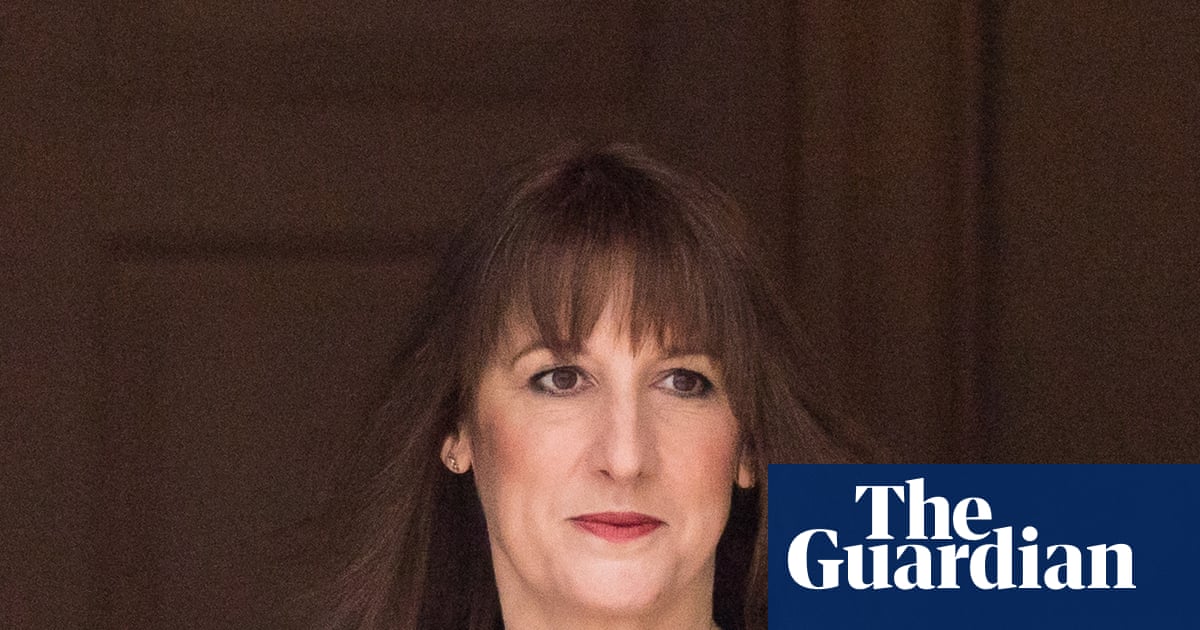At the end of the movie Ratatouille, the food reviewer Anton Ego, voiced by Peter O’Toole, makes this beautiful defence of the art of the critic: “There are times when a critic truly risks something. That is in the discovery and defence of the new. The world is often unkind to new talent, new creations. The new needs friends.” The Booker prize has been a friend to the new – new voices, new names, new ways of telling a story – for 56 years. It has made household names of writers whose work might otherwise only have been enjoyed by a few. More importantly – especially since the launch of the International Booker in 2005 – it has helped broaden the horizons of readers.
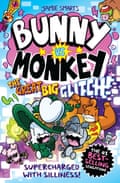
Now there’s going to be a Booker prize for children’s books aimed at readers aged eight to 12, and I am going to be the first chair of judges. Despite my vast vocabulary, I can’t begin to tell you how hopeful this makes me. Because if the Children’s Booker brings the same energy and boldness to the world of children’s books, it’s going to make a real difference to the lives of thousands of children. It comes at a crucial moment. Everyone knows that children who read for pleasure do better educationally and emotionally. Yet – as we approach the government’s Year of Reading – we find ourselves in a situation where the number of children who read daily has dropped to a 20-year low. We risk losing a whole generation.
Every child deserves the chance to grow up to be a reader. For that to happen, every child has to have the opportunity to find and choose the book that speaks to them. Current children’s fiction is a wild party of invention – from Jamie Smart’s Bunny vs Monkeys to Katherine Rundell’s arcane Impossible Creatures and Christopher Edge’s terrifying Escape Rooms. There is something here for everyone. But you need to be invited. By bringing coverage, controversy and above all conversation to the party, the Children’s Booker prize will throw open the doors and shout: come on in! Most of all because of this brilliant notion: children on the judging committee.
Obviously for me – as chair of the judges – this is a terrifying prospect. Will I get a nickname? Will they test me on the six-seven meme? But for children, this is a thrilling call to get involved. Above all I’m delighted that the programme is going to involve gifting books to thousands of children who would not otherwise have access to them.
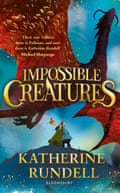
We have no idea what kind of world we are sending our children into. We don’t know what work will look like, what communication will look like, even what relationships will look like. But we do know that they will need to know how to be happy. Reading – especially shared reading – really helps build the apparatus of happiness inside a child.
If you’re reading this, I’m willing to bet that as a child you looked for Narnia in the back of every wardrobe, or squinted down each side road hoping for a glimpse of Diagon Alley. By and large it’s in books that we first hear that call from life that says wonder and pain and love and adventure are out there waiting for us. There are solid neurological reasons why books are best at this. We control the speed of input. We are exploring possibilities.
I became a children’s writer after an encounter with the Swiss author and activist Mariella Mehr. She had been brought up in care, in a series of brutal and brutalising institutions. But from the youngest age she had kicked against them. I asked her why. How did she know there might be more to life – that she deserved better? I’ve never forgotten her reply: “I read Heidi.” In my travels I meet children who are imprisoned like her – not by walls but by ideas about class, race, gender. I never stop believing that there are stories out there that can dynamite those walls. If the Children’s Booker prize gets that kind of dynamite into a few more children’s hands, then I don’t care how many bad names my fellow judges call me.
Our children have borne the brunt of a series of crises including austerity and the pandemic. Perhaps the most important thing about the Children’s Booker is the signal that it sends to children. The signal that says: you matter. We owe them this.

.png) 5 hours ago
7
5 hours ago
7
